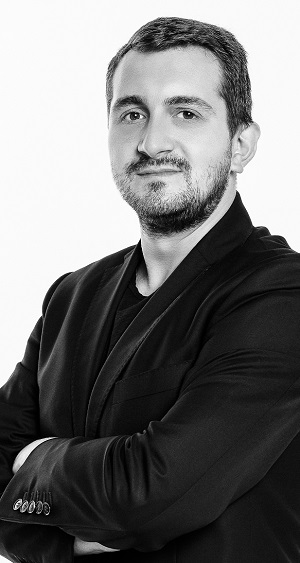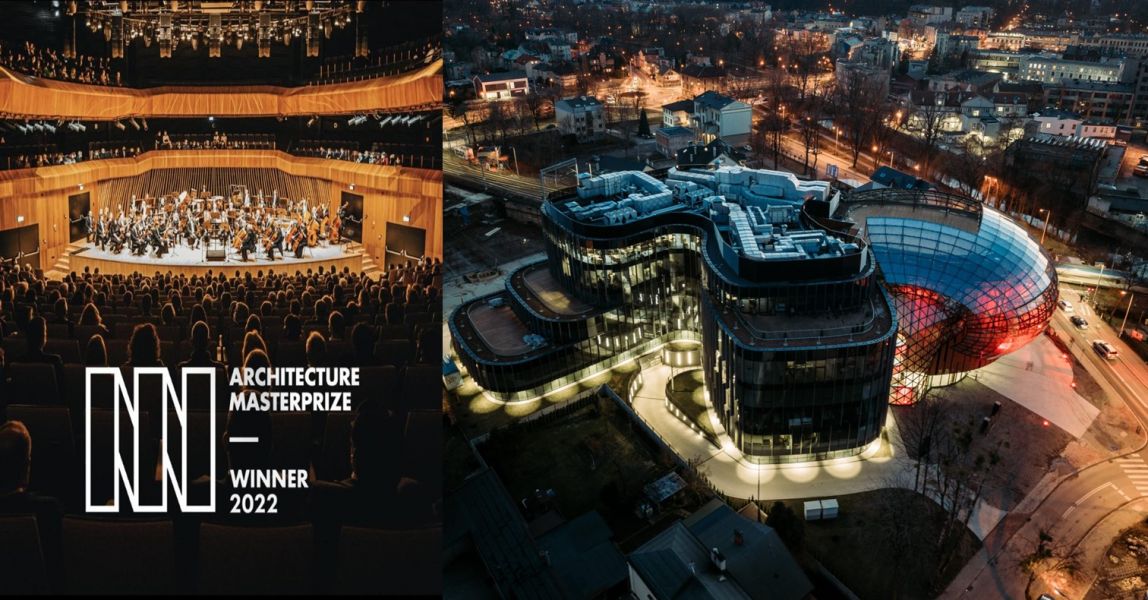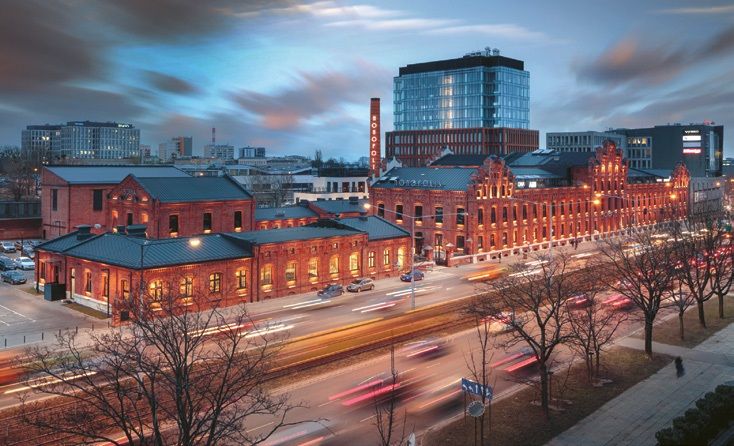Experience and intuition count - interview with Konrad Krusiewicz, architect and founder of The Design Group
The project manager position is present in many industries. Also in the architectonic sector. What are the objectives set for a project manager who supervises an architectonic design?

Konrad Krusiewicz, architect and founder of The Design Group: The primary task facing a Project Manager in our industry is to conduct the process of implementing an architectonic project in a manner that will ensure compliance of the time schedule with the earlier adopted financial plan. The Project Manager controls the correct course of this process and optimizes it at every stage. To tell the truth, I cannot imagine a properly conducted implementation process, especially in the case of office and commercial projects, without participation of a Project Manager.
What are the basic responsibilities of a Project Manager?
Project management is a complex and multi-stage process. At the beginning it is important to create a precise schedule of design and implementation works, and particularize all technical expectations of the client. His responsibility also covers verification and the budget, which is of considerable impact on the final costs of implementation. Later on, supervision over the implementation and publishers begins, and all the tenders for workmanship and equipment are conducted. In the meantime, implementation has to be monitored to ensure that any areas of possible problems are detected early enough. Finally, documents related to payments and costs are verified.
How long can Project Management last?
All depends on the duration of the implementation process itself. It determines whether the Project Manager will be engaged for a few months or for the whole year and at which stage of the process he will be involved.
Does the Project Manager’s work have a direct impact on the costs of the project being implemented?
Certainly, it does. The verification of costs performed by the Project Manager is to verify whether the proposed prices related to performance of the contract correspond to the market realities, and to propose possible more economically favorable solutions. In this way, the costs of the project are optimized.
In the course of the project, the Project Manager cooperates with different persons…
It’s true. Owing to the nature of the architectonic project, the Project Manager cooperates both with architects and developers, construction contractors, suppliers of materials and equipment etc. Based on his experience, he has to build such a team of co-workers that will allow for trouble-free and smooth implementation of the project, therefore what counts here is first of all experience. We should not, however, forget that the client is most important in all this. If he puts management in the hands of and trusts the Project Manager, the Project Manager will certainly successfully complete the project.
Does the Project Manager’s role in the “fit-out” sector require any special education and skills?
I do not believe that vocational education is necessary in this case. Certainly, knowledge concerning completed projects is important, but in practice it would be difficult to require comprehensive knowledge in law, economics, architecture or construction. Indeed, the Project Manager has to efficiently navigate in the maze of legal regulations, or be familiar with technical issues and combine them with the financial aspects, but still in practice what counts most is experience, intuition and the ability to talk to people.
What is your opinion about the availability of such employees on the market?
From my own experience I know that there are many very good Project Managers on the market and I have already had an opportunity to cooperate with many of them. However, as with each profession, you can come into contact with professionals on various levels, with different experience and different skills.









